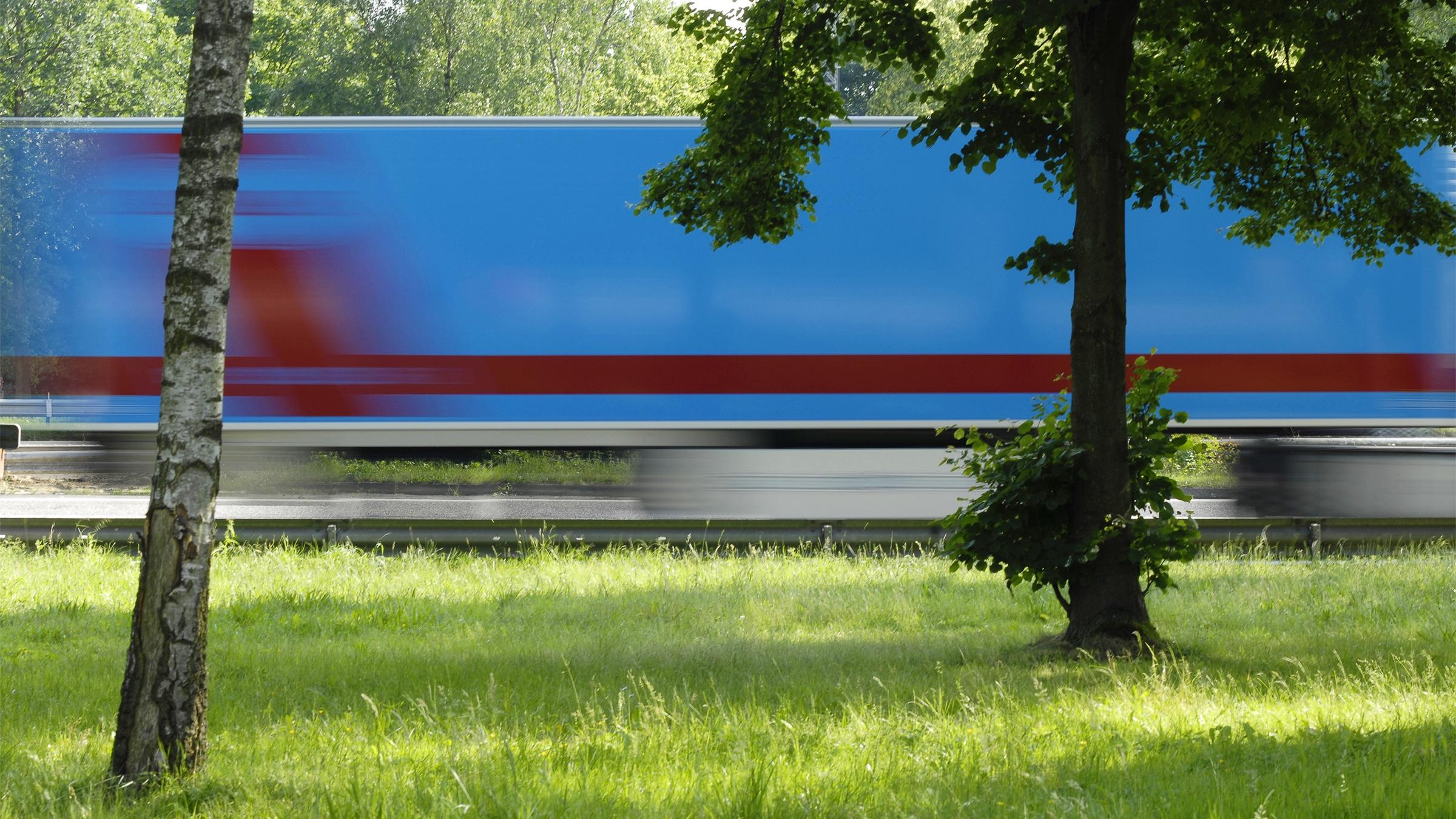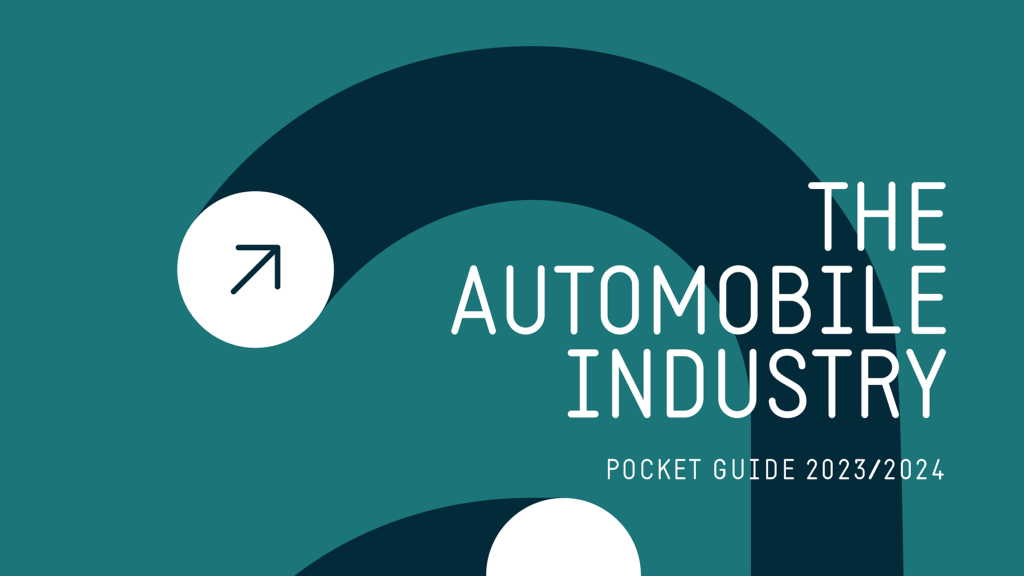Green corporate fleets initiative for trucks and buses could spell gains for zero-emission uptake

Current discussions about a potential EU initiative to legislate corporate fleets to boost demand for zero-emission vehicles (ZEV) largely focus on cars, ignoring the heavy-duty segment where this initiative could deliver important benefits and boost the market. At the current ZEV market share of just 2.3% (heavy-duty trucks >3.5t) and 15.6% (urban buses/ coaches), heavy-duty road transport urgently needs incentives to accelerate fleet renewal.
Whilst increasing the share of zero-emission cars in corporate fleets can easily be done by tweaking fiscal regimes at the national level, the heavy-duty segment requires a targeted approach and actions not only at EU but also member states level:
- Prioritise zero-emission trucks and buses for publicly procured vehicles and transport services. The Clean Vehicle Directive should be reviewed and aligned with the ambitious CO2 reduction targets. A ‘European value chain’ provision should underscore the significance of zero-emission technologies for strengthening Europe’s industrial base and supporting economic prosperity in this segment.
- Mandate shippers and buyers of transport services to progressively increase the share of their shipments handled by zero-emission vehicles.
- Use EU funding mechanisms, such as the Innovation Fund or Social Climate Fund, to support early and sustained investments in ZEVs for commercial road transport operators.
- Implement CO2-based road user charges in all member states. Ensure swift and consistent implementation of the Eurovignette Directive and extend full toll exemptions for zero-emission vehicles until 2030 to enhance their cost competitiveness.
- Implement a coherent transport policy framework at both the European and Member State levels to deliver consistent signals to accelerate the shift to zero-emission vehicles.
The transition of commercial road transport hinges on Europe’s ability to create viable business cases for transport operators as the total cost of ownership (TCO) of vehicles are the most important factor for this sector.
While vehicle manufacturers are delivering zero-emission vehicles, the transition also requires alignment across the automotive, transport, logistics and energy value chains. Carbon pricing measures, in particular, play a pivotal role in enabling and accelerating the shift to zero-emission in this B2B market where creating viable business cases for transport operators is essential. Without the ability to run ZEVs profitably, the transition will lack market-driven momentum and transport operators will be slow or not invest in zero-emission vehicles.
You can consult the position below.
The transition of commercial road transport hinges on Europe’s ability to create viable business cases for transport operators as the total cost of ownership (TCO) of vehicles are the most important factor for this sector.


